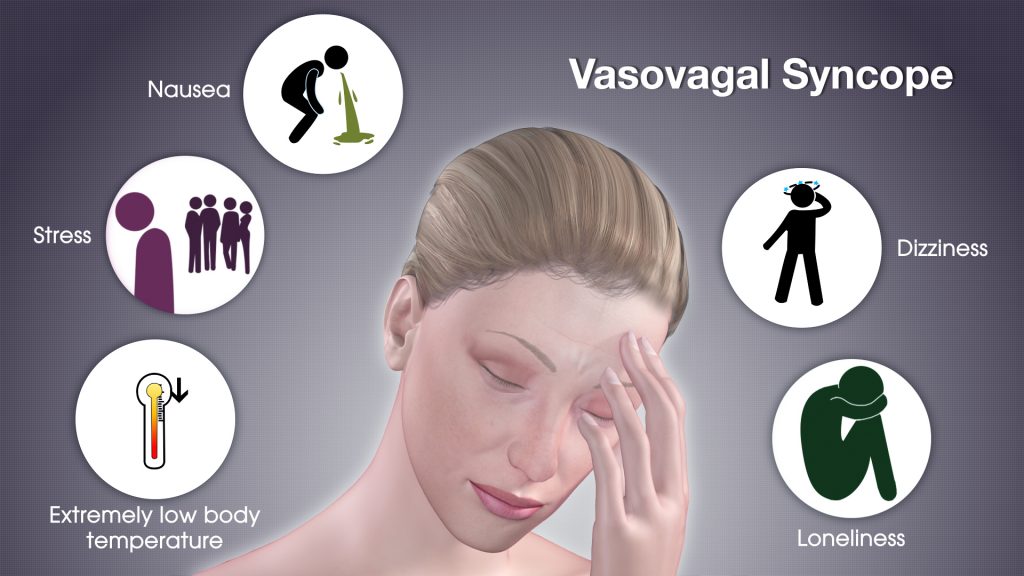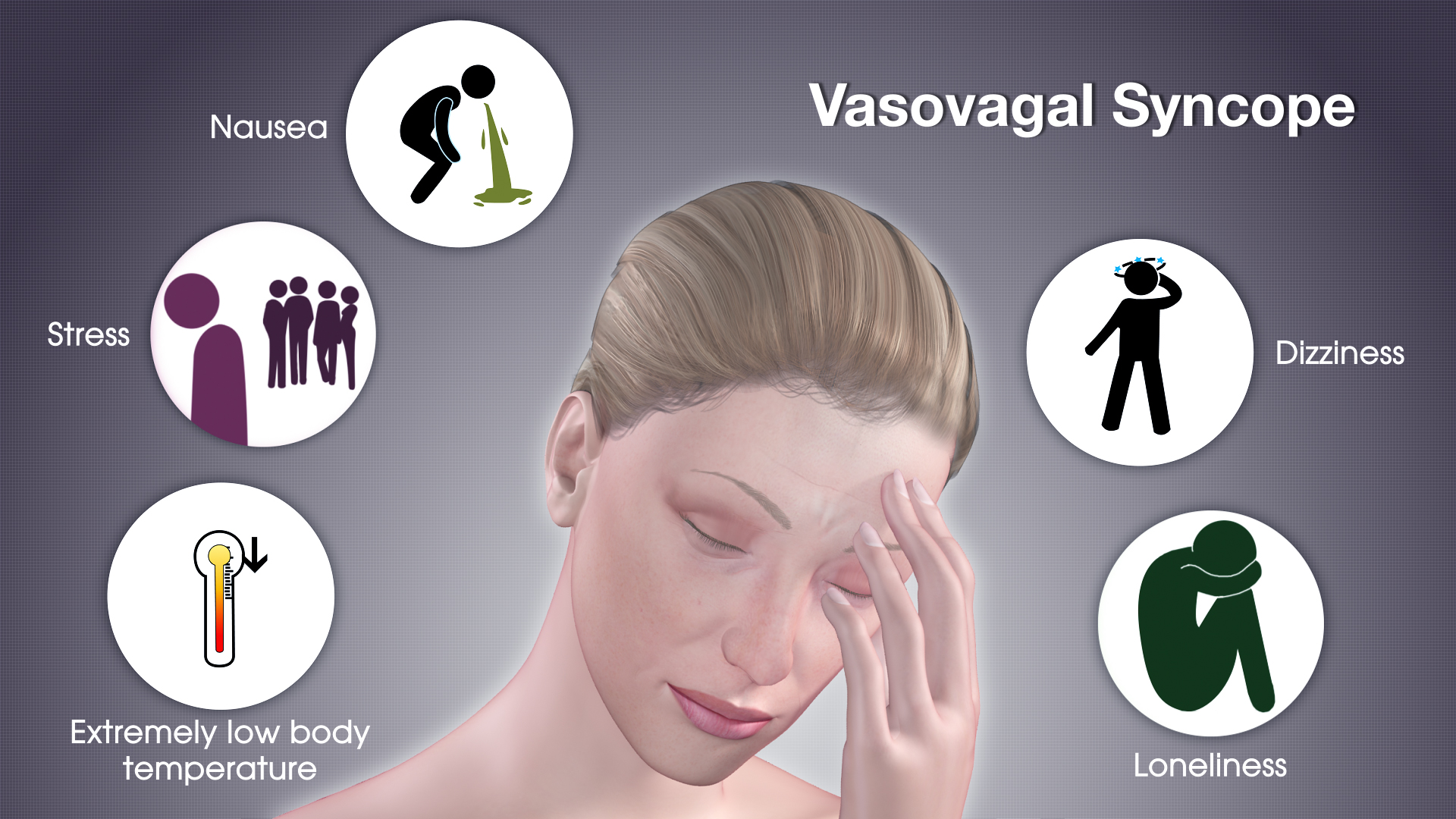
Syncope is the act of fainting or losing consciousness due to a lack of oxygenated blood flow to the brain. It has many causes, including cardiac arrhythmias, carotid sinus hypersensitivity, hyperventilation, mitral valve prolapse, orthostatic hypotension, panic disorders, and hypoglycemia. If you experience this consistently, you may want to see a Houston syncope specialist for diagnosis and treatment.
What Does it Feel Like?
When a person faints, they will fall to the ground and slump forwards. The first thing that happens is loss of vision and tunneling. Tunneling is an effect where your peripheral vision constricts, so you can’t see anything but what’s directly in front of you, as if looking through a tunnel.
The second thing that happens is you lose your sense of balance and feel like you are falling, so you throw out your arms to try to get something to grab onto. Then the room around you goes black, but if someone catches you before your head hits the ground, then there’s no damage done.
The initial fainting spell will last a few seconds, but if someone doesn’t catch you, you will fall into a coma that can last from 3 to 15 minutes. During this time, there is a risk of seizures and vomiting.
When a person comes out of a coma, they will be groggy and confused for 10 to 20 minutes before regaining full consciousness.
Symptoms of an impending faint can include blurred vision, cold sweat, confusion, dizziness, drowsiness, and weakness.
If a person does not lose consciousness during a syncope spell, they will feel as though they had been awake for hours. The more often it happens, the less tired you will be after an attack. According to some people, auras may include a metallic taste, a “funny feeling” in the stomach, and intense weakness.
Cardiac Causes
Cardiac arrhythmias, or irregularities in the heart’s electrical activity, are a common cause of syncope. The most common cause is vasovagal syncope which accounts for around 50% of all cases in young adults and 80% in children. Vasovagal means a problem with the nervous system part that regulates involuntary body functions such as heart rate and blood pressure. The heart slows down suddenly, which leads to a fall in blood pressure, reduced brain oxygenation, and loss of consciousness.
Other cardiac arrhythmias include:
- Bradycardia (abnormally slow heart rate).
- Sick sinus syndrome.
- Atrial fibrillation.
- Tachycardia (abnormally fast heart rate).
- Ventricular tachycardia.
- Torsades de pointes.
Noncardiac Causes
Carotid sinus hypersensitivity is pressure receptors in the carotid sinuses located on either side of the neck. When these are pressed too hard, they can send incorrect signals to the brain leading to loss of consciousness.
Orthostatic intolerance is when a person faints after standing up quickly because the blood pressure is too low to feed the brain adequately. It can be caused by deconditioning, dehydration, hypovolemia (low blood volume), medications that lower blood pressure, or autonomic dysfunction where the body’s autonomic nervous system doesn’t work correctly.
Also included under noncardiac causes are vertigo, hyperventilation (rapid breathing that leads to low CO2 levels), Mitral valve prolapse, phobias, and panic attacks.
To summarize, syncope is another name for fainting or losing consciousness. It starts as a loss of vision or tunneling, followed by a loss of balance when it happens. Symptoms include blurred vision, confusion, dizziness. It can result from cardiac or noncardiac causes.
